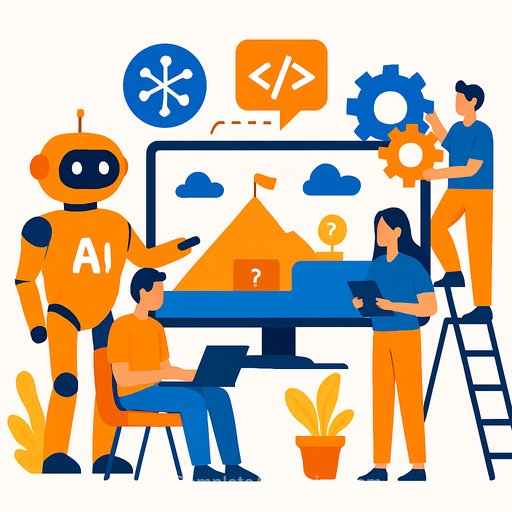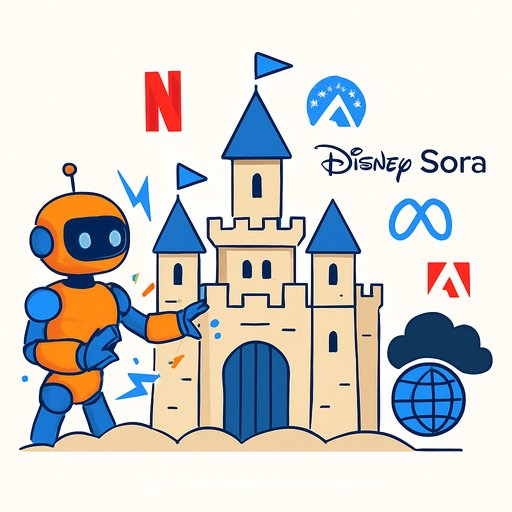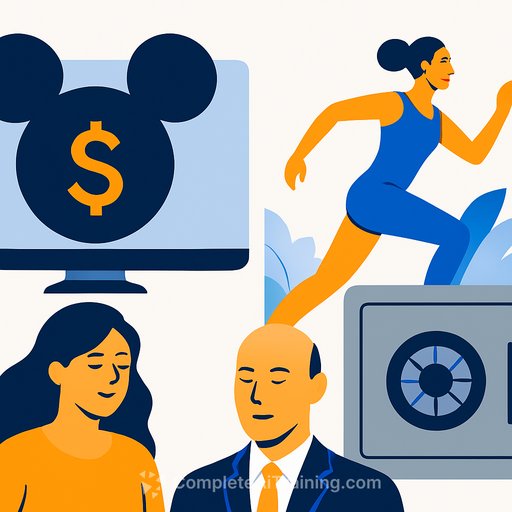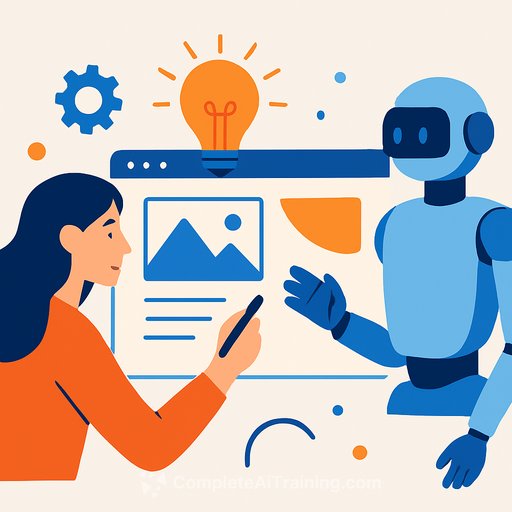87% of Game Developers Are Already Using AI Agents
A recent survey by Google Cloud and The Harris Poll reveals that 87% of game developers across the United States, South Korea, Norway, Finland, and Sweden have integrated AI agents into their workflows. This adoption goes beyond simple automation, aiming to speed up development and cut costs.
AI is frequently used to handle repetitive, time-consuming tasks, freeing developers to focus on creative work. For example:
- 47% of developers say AI accelerates playtesting and balancing game mechanics.
- 45% use AI to assist with localization and translation of game content.
- 44% report improvements in code generation and scripting support thanks to AI.
Overall, 94% expect AI to reduce development costs over the next three or more years. This could mean more opportunities for smaller studios and niche titles to succeed.
AI’s Role in Creative Game Design
Beyond efficiency, AI is also being used in creative areas that raise concerns. About one-third of developers (36%) use AI for dynamic level design, animation, rigging, and dialogue writing. Additionally, 37% report that AI helps them experiment with new gameplay or narrative ideas.
There’s a worry among gamers that AI might lead to generic, low-quality stories or dialogue—the kind of content flooding social media. Despite that, AI’s presence in creative tasks is growing steadily.
The Future of Game Development with AI
The detailed survey highlights widespread optimism among developers. AI is already improving productivity and creativity, and many see a future where AI agents and emerging tools accelerate development and enrich player experiences.
One possible future is fully AI-generated games that respond directly to player prompts. Imagine requesting a first-person shooter set in ancient Rome but with modern weapons and procedural crime elements. The technology to create such personalized experiences is advancing quickly.
However, some elements—like specific licensed characters—would remain off-limits unless properly licensed. This could lead to a mix of user-customized games and traditional titles.
Eventually, we might see a market for “handcrafted” games with human-written narratives and authentic voices, standing apart from AI-generated content. The direction is clear, though it brings new questions about creativity and quality.
For creatives interested in how AI is shaping digital content, exploring AI courses can provide valuable insights. Check out Complete AI Training’s latest courses to stay ahead.
Your membership also unlocks:






